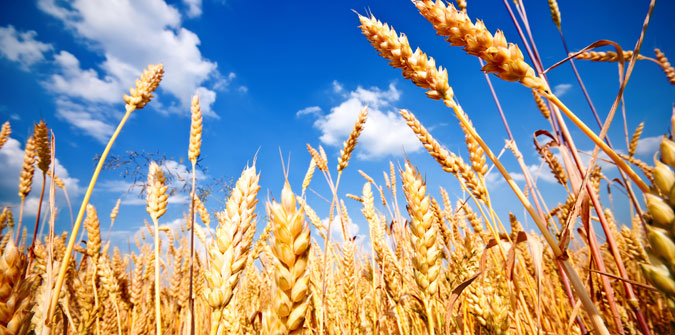Here are some quick facts:
Gluten is a protein found in wheat, barley, rye and sometimes oats. It acts as a ‘glue’ in foods such as cereal and bread to help them hold their shape.
Gluten can also be found in some cosmetic products, such as lip balm or the glue that you lick on the back of stamps and envelopes.
Celiac Disease: is when gluten triggers an immune response that attacks the lining of the small intestine.
Symptoms: Chronic diarrhea, weight loss and fatigue, but in some cases the disorder can be asymptomatic (no symptoms).
Around 1 in 133 people in the US, or less than 1% of the population, have celiac disease.
Is gluten bad for you?
For some individuals, consuming gluten can cause illness. One estimation showed that around 18 million people in the U.S. have some form of gluten intolerance. But there is little scientific evidence – outside of celiac disease – to show that gluten is bad for your health.
Gaynor Bussell, a dietitian and spokesperson for the UK’s Association for Nutrition, told Medical News Today, “Gluten is only bad for health if you are a celiac.”
Lisa Cimperman, a clinical dietitian at the University Hospitals Case Medical Center in Cleveland, OH, and a spokesperson for the Academy of Nutrition and Dietetics said, “Gluten is neither essential nor detrimental to one’s health or quality of diet.”
So what is a gluten-free diet?
A gluten-free diet means avoiding all foods that contain the protein: breads, beer, candies, cereals, cakes and pies, french fries, pasta, processed meats and soups to name a few.
There are many foods that are naturally gluten free: fruits, vegetables, fresh eggs, fresh meets, fish and poultry, unprocessed beans, seeds and nuts, and the majority of dairy products.
Is it just a trend?
It seems like celebrities all over are adopting the gluten-free diet. Ryan Gosling, Jenny McCarthy and Gwyneth Paltrow are all supporters yet none of they have a gluten intolerance.
Our suggestion: do your own research on the subject. Often times we become inundated with talk shows and celebrity endorsements but fail to understand all the research on the subject.
The Mayo Clinic states that a gluten-free diet may lead to lower levels of iron, calcium, fiber, folate, thiamin, riboflavin and niacin. But there are people around the world that consume a diet that is naturally gluten free; for example most of Asia where the staple food is rice.
Talk to your doctor
No matter your stance on the subject, it is IMPERATIVE that you talk to your doctor before you being self-treatment or drastic changes to your diet.
If you think you have symptoms of celiac disease, contact your doctor for a proper assessment.
In addition, it is important to continue consuming gluten prior to being tested for celiac disease – following a gluten-free diet prior to being tested may result in a false negative. If you still want to follow a gluten-free diet after celiac disease or any other health problems have been ruled out, talk to your doctor to make sure your diet contains all the essential nutrients.

